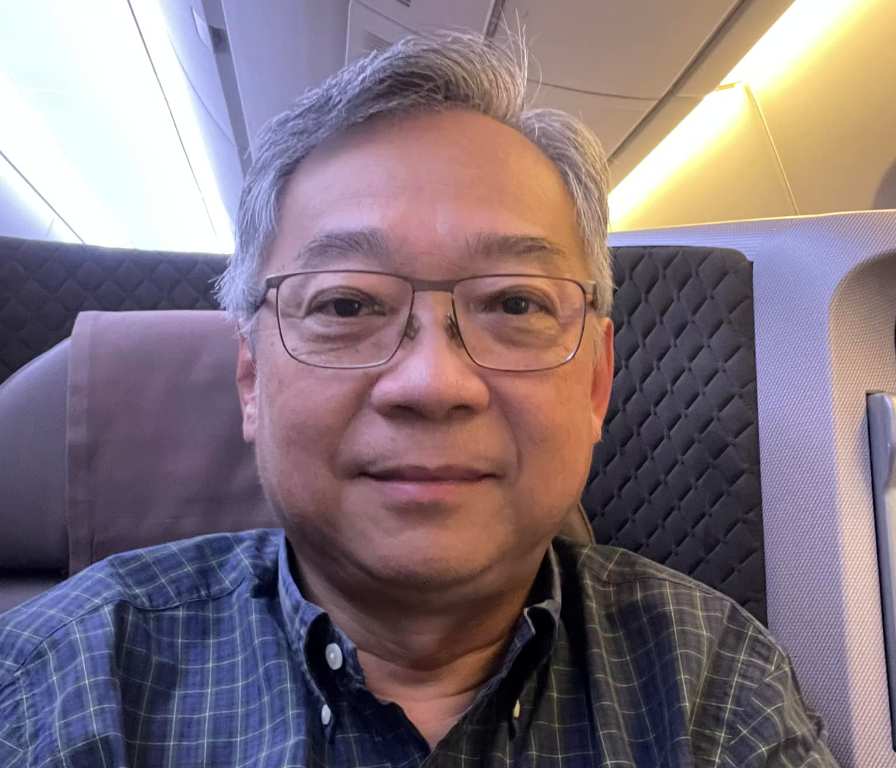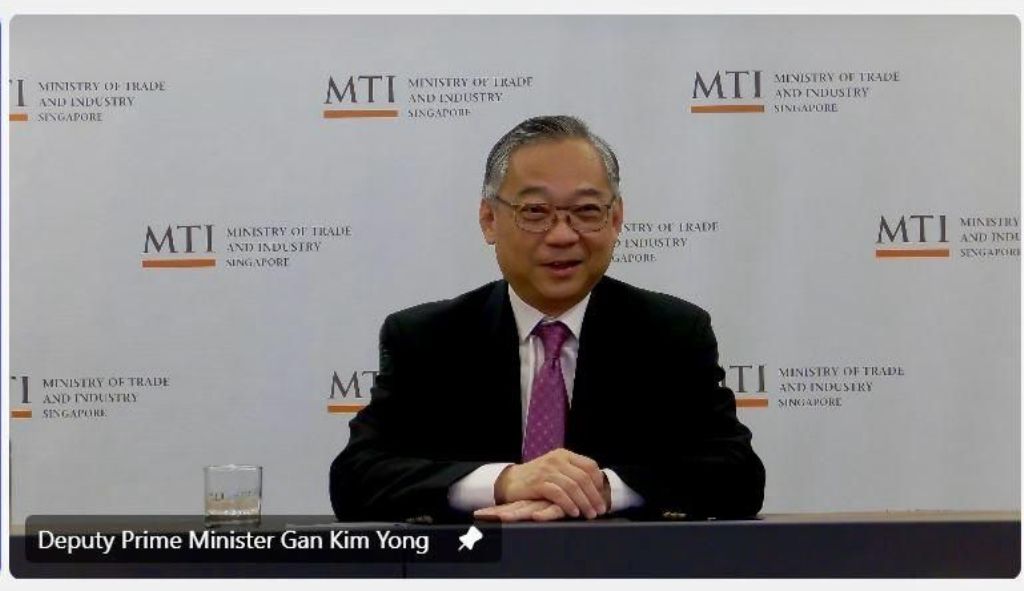Singapore may be able to escape tariffs on pharmaceutical exports to the United States even if Washington goes ahead with plans to introduce the sectoral tariff, Deputy Prime Minister Gan Kim Yong said on Friday, May 16.

The US has offered to discuss concessions for Singapore on these goods, he told reporters while sharing updates on a task-force under his leadership to address the impact of US tariffs.
Gan said the US wants to use the sectoral tariff to secure the supply chain for its pharmaceutical supplies.
“They have offered Singapore to say that, why not, both Singapore and US can sit down and discuss some form of a concession for Singapore to have a beneficial or preferential tariff, even to the extent of zero tariff for pharmaceutical exports to the US,” the Channel News Asia quoted Gan as saying.
That would require some effort from Singapore to ensure that the supply chain is secure. “These are the details that we are discussing,” he added.
Gan, who is also Minister of Trade and Industry, said this is a significant opportunity and agreement for Singapore because pharmaceutical goods are an important part of the country’s exports to the US. Pharmaceuticals make up over 10 percent of the country’s exports to the US.
The broad concept is “more or less there”, Gan said, but the government will need to consult private pharmaceutical companies to find out what is possible or not in the agreement.
ALSO READ: Singapore-US trade talks focus on strengthening ties despite 10 percent tariff
Pharmaceutical goods are currently exempt from the baseline tariff rate of 10 percent on imports to the US, which kicked in on April 5. But the US began looking into imposing duties on pharmaceuticals and semiconductors in mid-April.

As for semiconductors, Gan said the US has said it is happy to discuss how to ensure continued supply for Singapore, but the focus is on pharmaceuticals for now.
“I just want to qualify that it’s going to take time … we won’t be able to give you a daily or weekly update on the progress of the negotiation, because it will take time, and we can’t share the details until we are able to arrive at some agreement,” Gan said.
Despite the “good news” that the trade war seems to be de-escalating, Gan repeatedly pointed to uncertainty in the global economy.
ALSO READ: Singapore: DPM Gan leads 5-minister task force to tackle US tariffs
He acknowledged that tariffs between the US and China have come down, and described them as “encouraging developments”.
The US and China recently agreed to slash the high tariffs for 90 days after meeting for talks in Geneva.
“I should sound a word of caution, because the outlook remains very uncertain,” Gan said in a report by the Channel.
“What will happen at the end of 90 days is still a big question mark, is yet to be known, and whether the negotiation with the other countries will progress smoothly, whether they will eventually settle at a level that are mutually agreeable and workable, is something that is still yet to be seen.”
He added that the discussion between the world’s two largest economies is a “starting point” for what’s likely to be quite a long journey.
“The fact that the US and China had a discussion at the negotiating table (is) encouraging, but it’s too early to tell what the outcome will be, and the uncertainty remains,” he told reporters, adding that many businesses cannot make decisions because they do not know what the endpoint is.
“If it’s a firm tariff, it is easier for them to calculate whether it’s viable, not viable, whether they should export or not export … It will be painful, but it is at least certain.
“If tariffs are introduced and then removed at will and without rules, and I think it’s very difficult for the businessman to make a decision,” he said.


